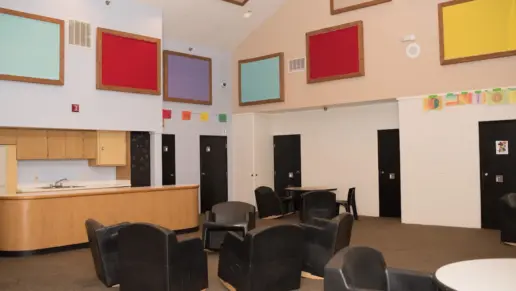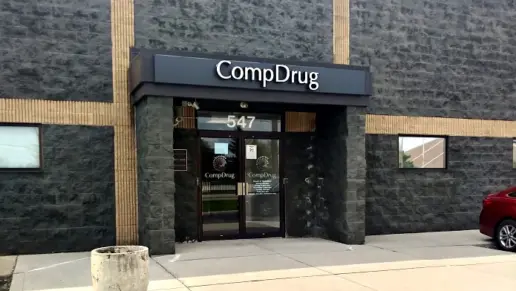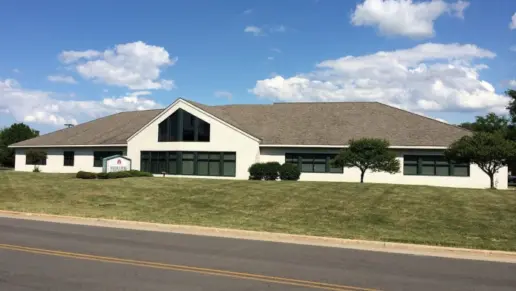About Centerpoint Health
CenterPoint Health in Cincinnati, Ohio, provides a wide array of mental health services, helping support adults, adolescents, and families impacted by mental health issues ranging from mild to severe disorders.
The organization also integrates counseling and psychiatric support to address substance abuse disorders that might be at play as well. Through this dual diagnosis treatment, you’ll work through therapies that can help you build the skills to lead the healthiest life possible.
Integrated Substance Abuse Treatment
While CenterPoint Health specializes in providing comprehensive mental health support, the care team here recognizes that if substance abuse struggles are at play, it’s critical that addiction treatment is also prioritized.
That’s why you’ll be able to work with experienced addiction counselors who can help you work through life challenges that are contributing to your drug and alcohol use. Whether your mental health struggles are a result of your substance use or vice versa, the supportive care provided here treats all aspects of your behavioral health struggles so that you can lead a sober and healthy life.
Medication Assisted Treatment
If you have a chemical dependency, they offer medication assisted treatment (MAT) using FDA approved medications. This will help stabilize your body so that you can focus on the counseling services in your treatment plan. MAT is available through CenterPoint Health and will be a part of your integrated treatment plan.
Specialized Services
Going beyond addressing your behavioral health care needs, you’ll find specialized programs here focused on women and school aged children.
Their women’s health services help tackle underlying medical issues, while their school based health centers make it easier for children to speak with a counselor if they’re struggling with negative thoughts and behaviors or may be at risk for substance abuse.
Rehab Score
Gallery
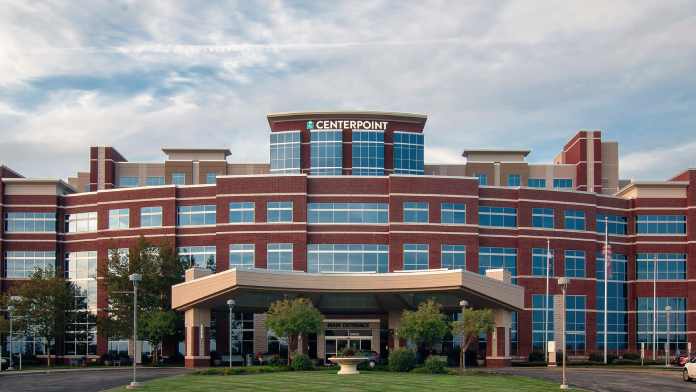
Other Forms of Payment
Self-pay involves paying for treatment out of your own pocket. You can use savings or credit, get a personal loan, or receive help from family and friends to fund your treatment. If you don't have insurance or your insurance plan doesn't cover a specific program, self-pay can help ensure you still get the care you need.
Medicaid is a state based program that helps lower-income individuals and families pay for healthcare. Medicaid covers addiction treatment so those enrolled can use their coverage to pay for rehab. When a program accepts Medicaid the client often pays very little or nothing out of their own pocket.
Medicare is a federal program that provides health insurance for those 65 and older. It also serves people under 65 with chronic and disabling health challenges. To use Medicare for addiction treatment you need to find a program that accepts Medicare and is in network with your plan. Out of pocket costs and preauthorization requirements vary, so always check with your provider.
Addiction Treatments
Treatments
The goal of treatment for alcoholism is abstinence. Those with poor social support, poor motivation, or psychiatric disorders tend to relapse within a few years of treatment. For these people, success is measured by longer periods of abstinence, reduced use of alcohol, better health, and improved social functioning. Recovery and Maintenance are usually based on 12 step programs and AA meetings.
Drug rehab in Ohio provides comprehensive treatment to address the physical and psychological needs of those struggling with substance use disorders. This may involve inpatient and/or outpatient care.
A combined mental health and substance abuse rehab has the staff and resources available to handle individuals with both mental health and substance abuse issues. It can be challenging to determine where a specific symptom stems from (a mental health issue or an issue related to substance abuse), so mental health and substance abuse professionals are helpful in detangling symptoms and keeping treatment on track.
Opioid rehabs specialize in supporting those recovering from opioid addiction. They treat those suffering from addiction to illegal opioids like heroin, as well as prescription drugs like oxycodone. These centers typically combine both physical as well as mental and emotional support to help stop addiction. Physical support often includes medical detox and subsequent medical support (including medication), and mental support includes in-depth therapy to address the underlying causes of addiction.
Programs

Adult Program

Young Adult Program
Clinical Services
In individual therapy, a patient meets one-on-one with a trained psychologist or counselor. Therapy is a pivotal part of effective substance abuse treatment, as it often covers root causes of addiction, including challenges faced by the patient in their social, family, and work/school life.
Staff
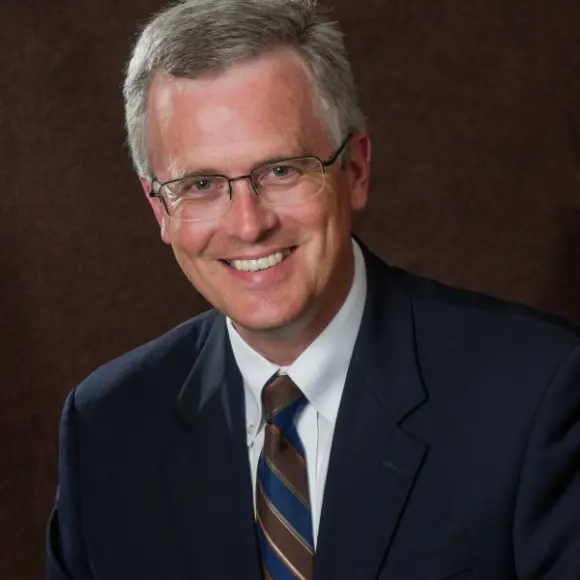
Kent Youngman
CEO
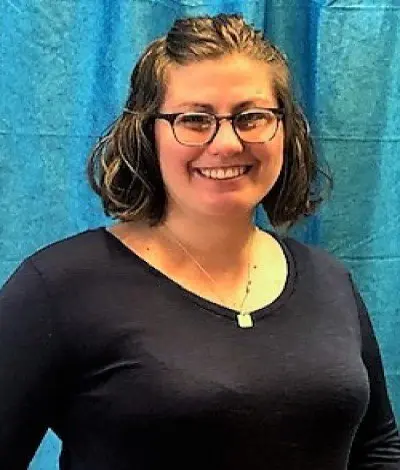
Dr. Jennifer Feldman
Chief Medical Officer

Mitzi Spurlock
Director of Clinical Operations

Lauren Bartoszek
Chair

Kathleen Batliner
Vice-Chair

Carla Brooks
Treasurer

Sylvia Zatari
Secretary

Duane Stansbury
BOD
Contact Information
7162 Reading Rd # 500
Cincinnati, OH 45237
